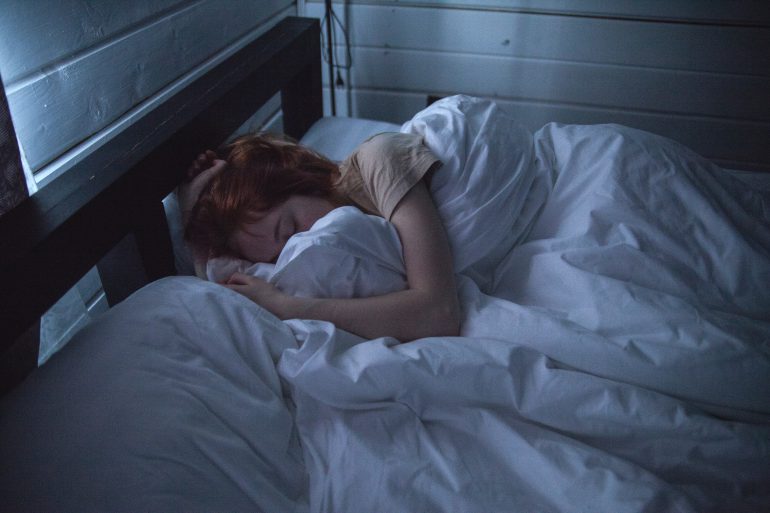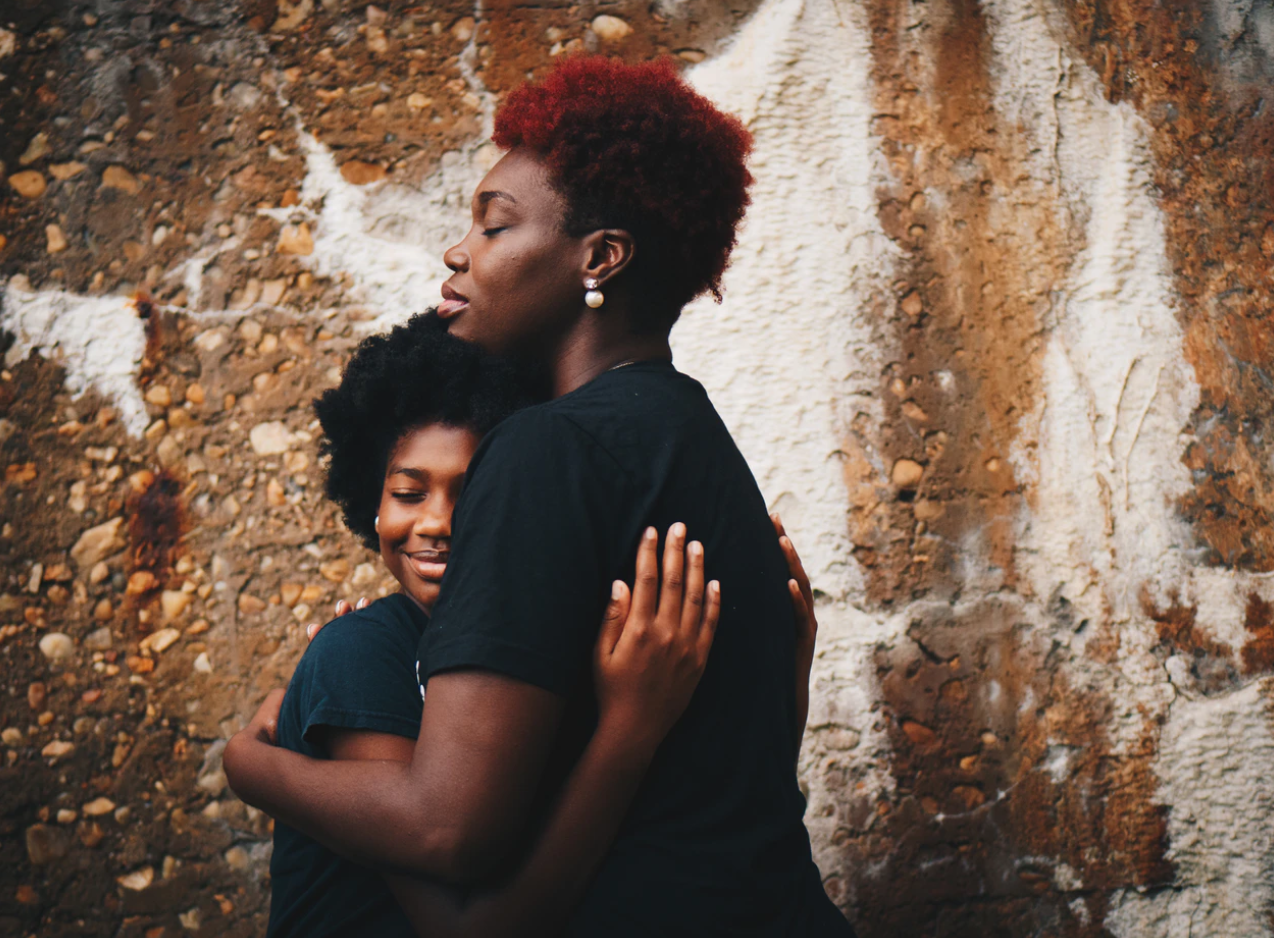
Signs of Anxiety in Teenager Daughters
Teenagers are particularly vulnerable to feelings of anxiety and can easily become trapped in its debilitating physical, emotional and social patterns. For every parent of a teenage daughter, it’s critical to recognize the signs of anxiety to make sure you’re working towards the right solution.
First, it’s important to understand what anxiety is. The American Psychological Association defines anxiety as, “An emotion characterized by feelings of tension, worried thoughts and physical changes like increased blood pressure.”
Next, it’s important to understand how this emotion manifests in the real world. Here are some ways to recognize the signs of anxiety in your teenage daughter:
Physical signs
Anxiety produces a wide range of predictable physiological responses such as sweating, trembling, shaky voice or difficulty speaking, dizziness, and rapid heartbeat, all of which typically occur during an anxiety attack. Long-term physiological responses include defensive posturing and a sensitivity to environmental stimuli.
Emotional signs
Children and teenagers who experience anxiety – particularly if it was induced by trauma – become hyper vigilant. They may have trouble concentrating on a singular task as they are constantly on the look-out for the next threat. They are often easily startled and dislike surprises. They may also have a deep-rooted need for certainty, which prompts them to either obsessive analysis, depressive rumination, or complete avoidance of new activities. The emotional distress can make your teenage daughter both withdrawn and clingy, which prevents them from developing a sense of independence.
Social signs
Anxiety is an emotion that seeks to avoid circumstances that induce the feelings of dread. Whenever your daughter repeatedly refuses invitations to go to parties, social events, family gathering, and quits clubs and activities, it’s usually a good sign that she’s dealing with a high degree of anxiety. While it’s true that some kids prefer solitary activities such as reading and drawing, one who is acting from a place of anxiety will display repeated patterns of isolation and distress in many different areas of her life.
When your child’s anxiety responses are irrational and compulsive, she is said to have an anxiety disorder. Anxiety cannot be cured, but it can be managed with the help of trained professionals



